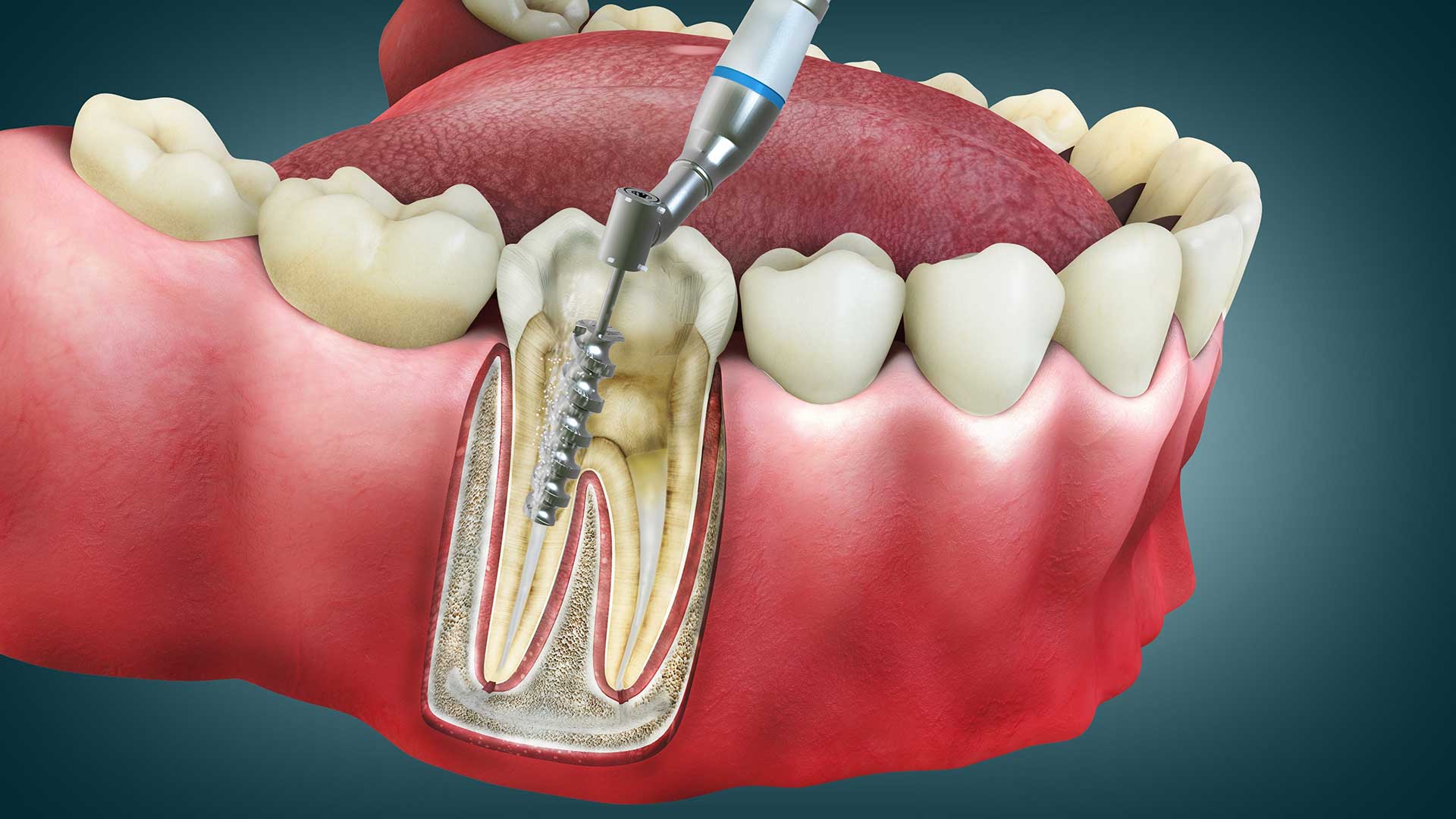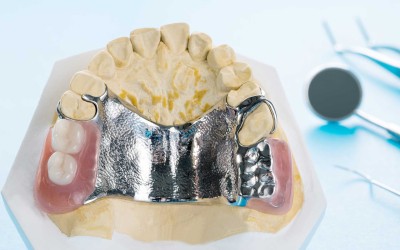All About Root Canal Treatment

All About Root Canal Treatment
- 11 June 2024
- 5044 views
What is root canal treatment and how does it work? Find a complete guide with expert tips and steps here. Take a step towards a healthy smile!
This content is for informational purposes only and does not replace medical advice, diagnosis, or treatment. Please consult a healthcare professional for any health concerns.
Table of Contents
For many people experiencing dental issues, root canal treatment is an important procedure to save teeth and alleviate pain. Root canal treatment involves cleaning out the hollow part of the tooth that contains nerve tissue and filling it with dental material.
What Is Root Canal Treatment (Endodontic Treatment)?
Endodontic treatment is a treatment method used when the soft tissue inside the tooth, known as the pulp (which includes nerves, blood vessels, and connective tissue), becomes inflamed or infected. This condition usually arises from deep cavities, trauma, or repeated dental procedures.
When Is It Necessary?
Root canal treatment is typically required in the following situations:
- Deep Cavities: Cavities that reach the inner part of the tooth can cause the pulp to become inflamed or infected.
- Trauma: Injuries or impacts to the teeth can damage the pulp and increase the risk of infection.
- Repeated Procedures: Multiple dental procedures on the same tooth can increase the risk of infection within the tooth, necessitating root canal treatment.
How Is Root Canal Treatment Performed?
Endodontic treatment generally involves several stages, as outlined below:
- Anesthesia: First, the dentist administers local anesthesia to numb the treatment area, ensuring the patient does not feel any pain or discomfort during the procedure.
- Opening the Tooth: The dentist drills a hole into the tooth to access the inner part. This hole provides the necessary space to remove and clean the pulp.
- Cleaning the Pulp: The dentist carefully removes the inflamed or infected pulp using special tools, eliminating bacteria and infection from the inside of the tooth.
- Filling the Space: After cleaning, the dentist fills the space with special dental materials. These materials support the inner part of the tooth and strengthen it.
- Protective Restoration: The treated tooth is usually weaker, so the dentist often covers it with a protective restoration, such as a filling or dental crown, to restore its normal function.
Post-Treatment Care
To keep your teeth healthy after endodontic treatment, it is important to visit your dentist regularly and maintain good oral hygiene. Follow your dentist’s recommendations for brushing, flossing, and using mouthwash as part of your daily routine.
Is Root Canal Treatment Painful?
Root canal treatment is typically a painless procedure because local anesthesia is used. However, you might feel slight pressure at the beginning of the treatment. If you experience any pain or discomfort during the procedure, inform your dentist.
How Long Does the Treatment Take?
The duration of root canal treatment varies depending on the condition of the tooth and the complexity of the procedure.
What Happens if Endodontic Treatment Fails?
In rare cases, root canal treatment can fail, and reinfection may occur. If this happens, your dentist will discuss alternative treatment options with you, including tooth extraction and dental implants.
Can Every Tooth Undergo Root Canal Treatment?
Endodontic treatment is typically suitable for inflamed or infected teeth but may not be necessary for every tooth. Your dentist will determine if you need endodontic treatment based on an examination.
Root canal treatment is an effective method for treating inflamed or infected teeth. However, before undergoing any dental treatment, it is important to discuss the advantages and disadvantages with your dentist. Your dentist will help you determine the best treatment option for your specific needs.







